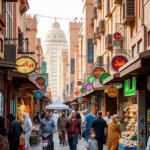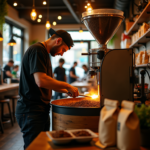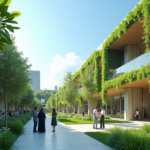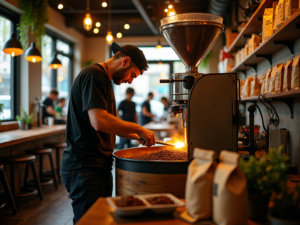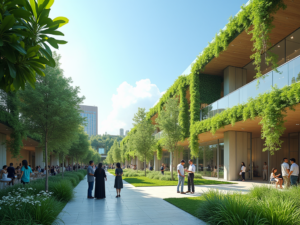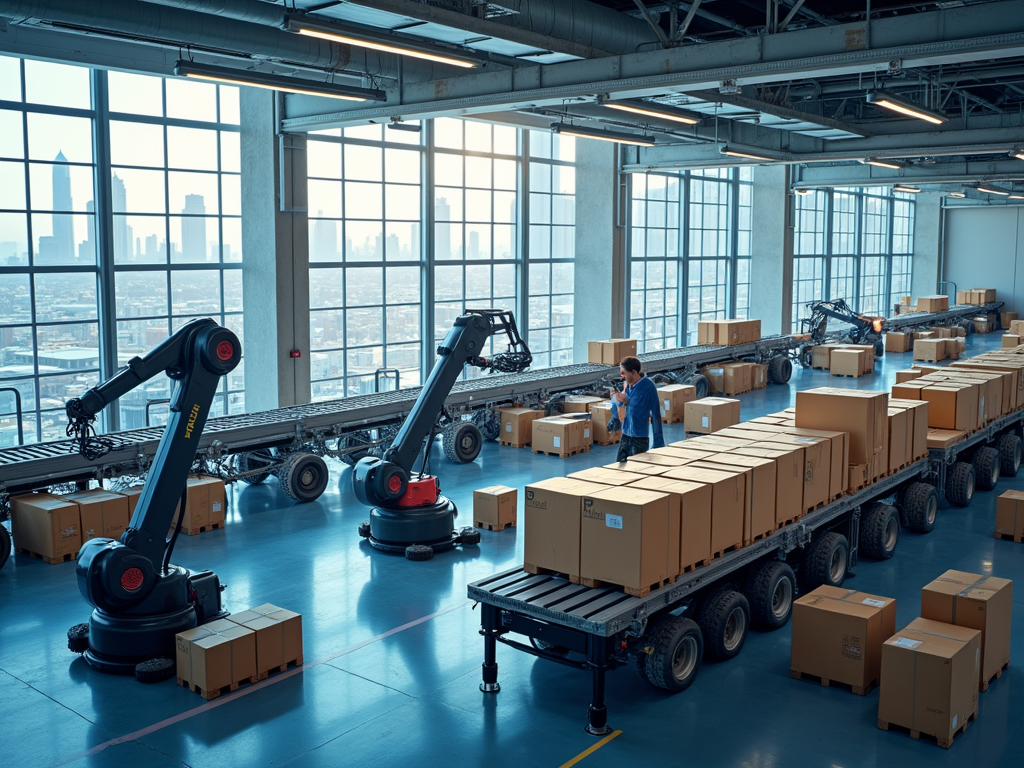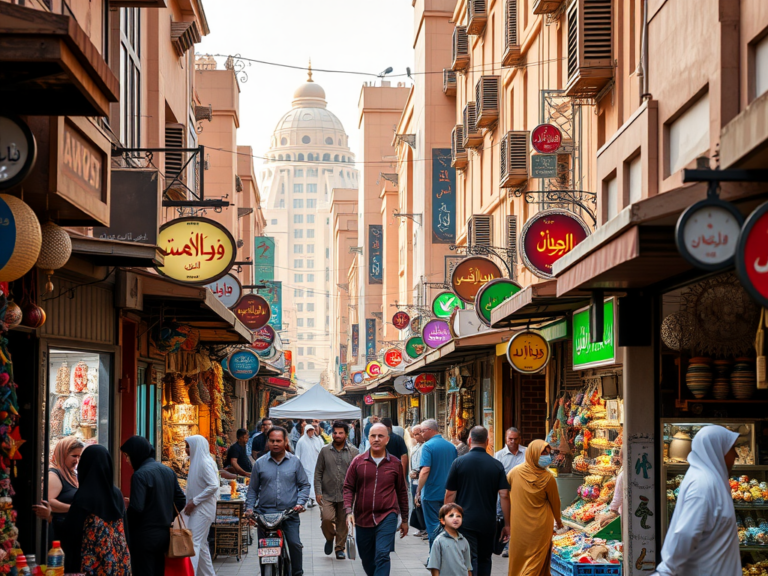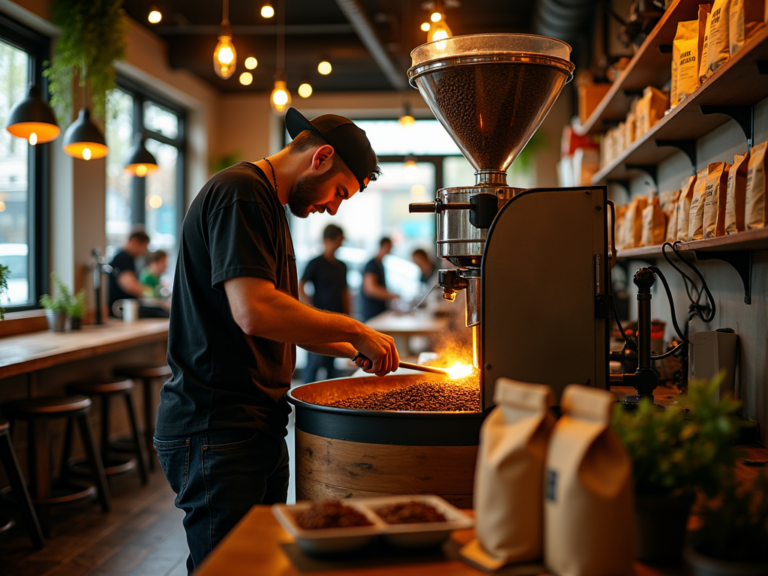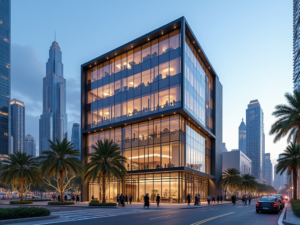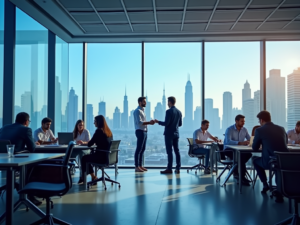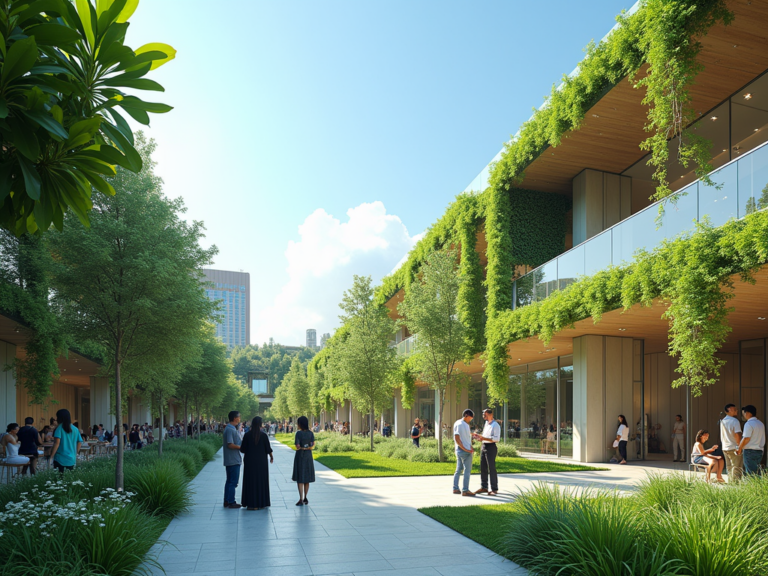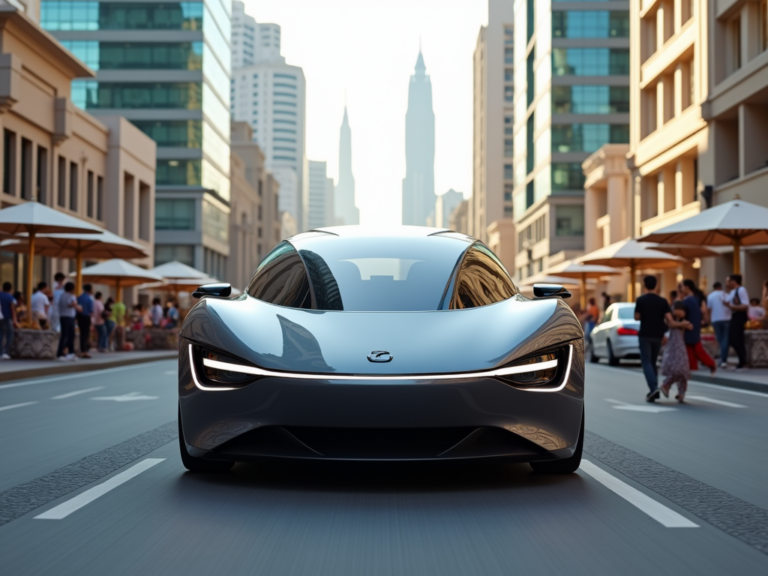Dubai’s logistics and supply chain industry is poised for a revolutionary transformation driven by technological advancements, strategic geographical positioning, and the increasing demand for efficiency in transportation and warehousing. The city is already recognized as a global logistics hub, and as it continues to invest in smart infrastructure and innovative practices, its role in international trade is expected to grow even further. This article will explore the key trends shaping the future of Dubai’s logistics sector, the integration of technology, and the implications of sustainability in the industry.
Key Trends in Dubai’s Logistics Sector
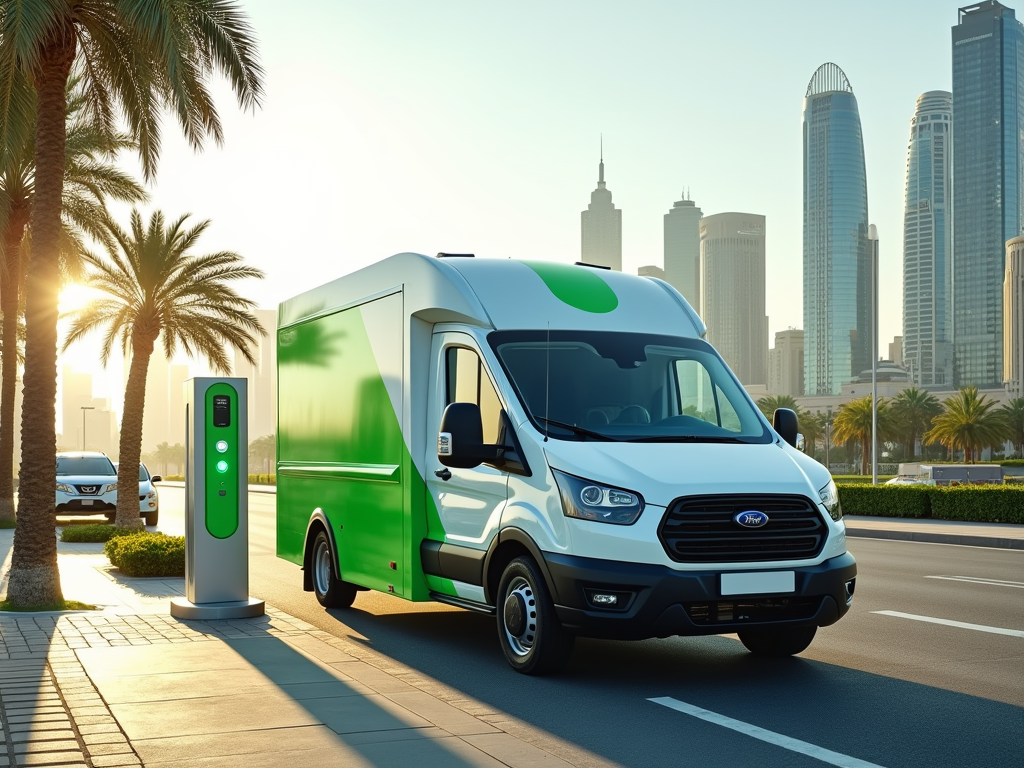
As Dubai embraces its vision of becoming a top logistics hub, several trends are emerging that will define the future of its logistics and supply chain industry. These include:
- Digital Transformation: The implementation of advanced technologies such as Artificial Intelligence (AI), the Internet of Things (IoT), and Blockchain will streamline logistics operations.
- Increased Automation: Warehousing and transportation are moving towards automation with the use of robotics, which enhances efficiency and reduces human errors.
- Sustainable Practices: There is a growing demand for eco-friendly logistics solutions as Dubai strives toward sustainability. This includes the adoption of electric vehicles and sustainable packaging.
- Cold Chain Logistics: With the rise of e-commerce, the need for cold storage facilities will increase, particularly in sectors such as pharmaceuticals and food.
- Last-Mile Delivery Optimization: As e-commerce grows, the focus is on improving last-mile delivery systems to enhance customer satisfaction.
The Role of Technology in Shaping Logistics
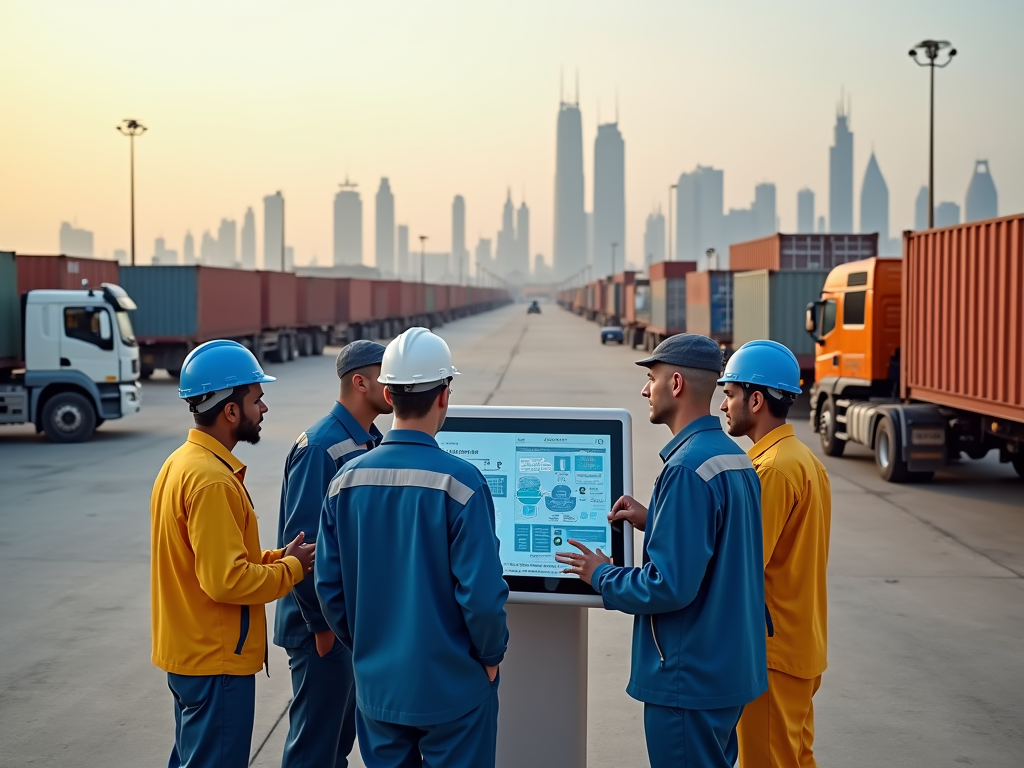
Technology is the backbone of transformation in Dubai’s logistics sector. The knowledge and implementation of technology are not only enhancing efficiency but are also creating new opportunities for innovation. For instance, the integration of IoT in supply chain operations facilitates real-time tracking of shipments, inventory management, and predictive analytics. Moreover, Blockchain technology is being increasingly adopted to enhance transparency and security in transactions, thereby minimizing fraud and enhancing trust among stakeholders. Furthermore, advancements in AI and machine learning are empowering logistics companies to forecast demand more accurately, manage supply disruptions, and optimize routes for quicker deliveries. Collectively, these technologies are setting the stage for a more agile, responsive, and efficient logistics landscape in Dubai.
Sustainability is becoming a cornerstone of logistics strategies in Dubai. Organizations are recognizing that sustainable operations not only meet regulatory compliance but also cater to environmentally-conscious consumers. This paradigm shift includes:
- Developing green warehousing practices such as energy-efficient buildings and waste reduction initiatives.
- Transitioning to electric and hybrid delivery vehicles to reduce carbon emissions.
- Investing in alternative fuels and energy sources such as solar and wind power for logistics operations.
- Enhancing supply chain transparency to identify and mitigate environmental impacts.
- Encouraging suppliers and partners to adopt sustainable practices throughout the supply chain.
The Impact of Geopolitical Factors
As a strategic gateway between East and West, Dubai’s logistics industry is significantly influenced by geopolitical factors. Trade routes, international relations, and economic partnerships play a vital role in shaping the region’s logistics landscape. The UAE has established strong ties with major economies such as China and India, leading to increased trade volumes and logistics demand. Additionally, initiatives like the Belt and Road Initiative have positioned Dubai as a pivotal player in global trade networks, enhancing its attractiveness as a logistics hub. As regional tensions and trade dynamics evolve, Dubai’s logistics industry must remain agile and responsive to maintain its competitive advantage.
Conclusion
Looking ahead, Dubai’s logistics and supply chain industry is set to undergo a significant transformation fueled by technology, sustainability, and strategic partnerships. Embracing digitalization and automation will enhance operational efficiency and customer satisfaction, while prioritizing sustainability will align the industry with global standards and consumer expectations. Furthermore, adapting to changing geopolitical dynamics will be crucial for maintaining Dubai’s position as a leading logistics hub. With continued investment and innovation, the future of Dubai’s logistics sector looks promising, offering limitless possibilities for growth and development.
Frequently Asked Questions
1. What is the current state of Dubai’s logistics industry?
Dubai’s logistics industry is vibrant and continually evolving, marked by technological advancements and an increasing capacity for international trade.
2. How is technology influencing logistics in Dubai?
Technology is improving efficiency through automation, real-time tracking, and predictive analytics, reshaping the logistics landscape.
3. What sustainable practices are being adopted in Dubai’s logistics sector?
Key sustainable practices include the use of electric vehicles, energy-efficient warehousing, and sustainable packaging initiatives.
4. How does Dubai’s geographical location benefit its logistics industry?
Dubai’s location between major global markets facilitates easier and faster access to shipping routes, improving trade efficiency.
5. What challenges does the logistics industry in Dubai face?
Challenges include adapting to ever-changing regulations, managing supply chain disruptions, and addressing environmental concerns while growing sustainably.

